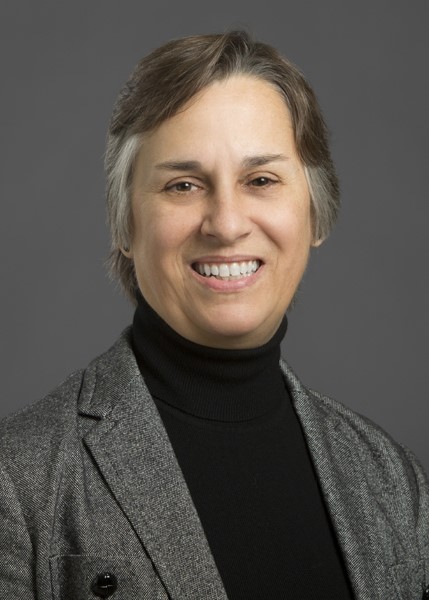Public Health and Population Health: A Distinction with a Difference – Part 2 Graduate Level
Webinar Description
For the past decade, leaders in health care have been talking about population health and its importance in improving the health of the nation. The simplest definition of population health is “the health outcomes of a group of individuals, including the distribution of such outcomes within the group” (Kindig and Stoddart, 2003). This term is often used seemingly interchangeably with public health-so what does that mean? Is population health the same as public health? If they are different, what are the differences? How do these concepts look in nursing practice-and how can faculty educate nurses for each role? AACN will present two webinars looking at similarities and differences between public health and population health in nursing practice-and provide exemplars of clinical experiences in each area. Part 1 will focus on public health and population health in nursing education at the prelicensure/generalist level of education and practice, and part 2 will focus on graduate/specialty nursing practice and education as they relate to population and public health.
This webinar is funded by the Centers for Disease Control and Prevention’s Academic Partnerships to Improve Health.
Objectives
- Compare and contrast population health and public health in nursing education, particularly at the advanced nursing education level
- Describe how population health impacts the practice of advanced nursing graduates in all areas of practice.
- Describe key characteristics of population health clinical experiences at the graduate level.
This is a two-part series, the first part in the series will cover the Prelicensure Level. For registration details on Part 1: Prelicensure Level, see below.
Public Health and Population Health: A Distinction with a Difference - Part 1 Prelicensure Level
March 26, 2020 at 2:00 pm
Learn More
Speakers
 Susan M. Swider, PhD
Susan M. Swider, PhDProfessor, Rush University
Dr. Swider is a Professor in the Department of Community, Systems and Mental Health Nursing at Rush University in Chicago. Dr. Swider has practiced in acute care, home health care and public health settings over the past thirty years. Her research has focused on program development and evaluation of community health workers, engaging urban communities in health promotion, and health policy to support health promotion efforts. She has taught public health nursing at the pre-licensure and graduate/specialty levels at several universities and co-directed 10 years of HRSA-supported work to develop an online doctoral program in Advanced Public Health Nursing, ensuring that it met the Quad Council competencies for Public Health Nursing practice. She is a member of a number of public health and public health nursing organizations and is a past president of the Association of Community Health Nursing Educators (ACHNE). In her role with ACHNE, she served on the Quad Council for Public Health Nursing organizations and was a member of the Task Force that revised the Competencies for Public Health Nursing (2010-2012). In 2011, Dr. Swider was appointed by President Obama to the Advisory Group on Prevention, Health Promotion and Integrative and Public Health, a group designed to advise on the development and implementation of the National Prevention Strategy. She is a fellow of the American Academy of Nursing and of the Institute of Medicine of Chicago. In 2016, she was appointed to serve on the Community Preventive Services Task Force of the Centers for Disease Control and Prevention.
Pricing and CE Credit
This webinar is free and open to everyone including non-members, communities of interest, practice representatives, and AACN member schools including deans, faculty, staff, and students.
Continuing Education Credits:

Eligible attendees may receive one continuing nursing education (CNE) contact hour for participating in this webinar. The American Association of Colleges of Nursing (AACN) is an accredited CNE-provider by the American Nurses Credentialing Center’s Commission on Accreditation.
